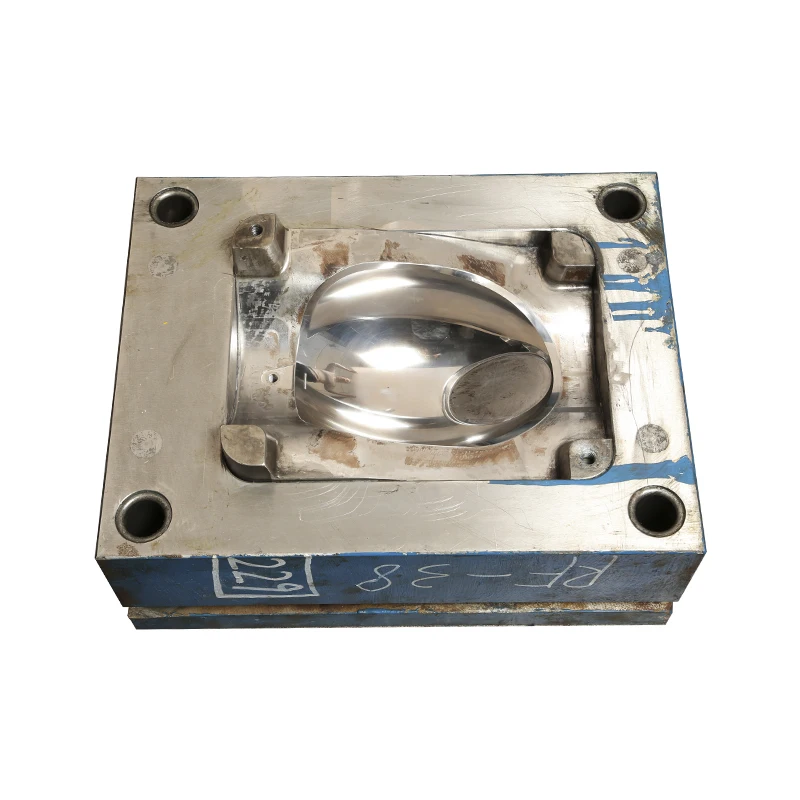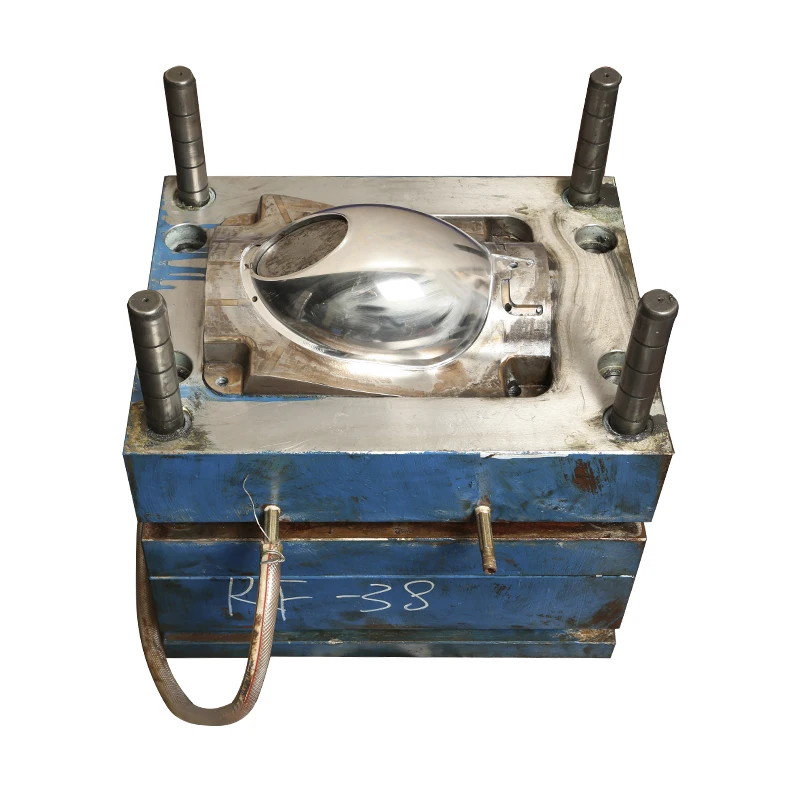Medical injection molding presses are specialized machines designed to manufacture precise and reliable components for the medical industry, where accuracy, hygiene, and consistency are paramount. With advanced engineering, these presses utilize medical plastic injection mold and molding processes to create a wide range of products, from surgical instruments to diagnostic equipment components.
Understanding Medical Injection Molding Presses
Medical injection molding presses are tailored for high-precision manufacturing in healthcare, producing items with tight tolerances and complex geometries. These machines enable the creation of medical-grade components that meet strict regulatory standards and are free from contaminants. Medical plastic injection mold and molding processes use specialized thermoplastics, often with additives for sterilization compatibility, biocompatibility, and durability. As the demand for disposable and durable medical products increases, the reliance on these presses becomes more critical in medical manufacturing.
The Importance of Medical Plastic Injection Mold and Molding
The medical industry has unique requirements for components that demand unparalleled precision, quality, and reliability. Medical plastic injection mold and molding processes cater to these needs by creating parts that are consistent in quality, free of defects, and tailored to specific medical applications. This method is essential for producing syringes, vials, catheters, and implants, as it allows for exact replication of each component, ensuring their reliability in medical environments.
Moreover, the versatility of medical plastic injection mold and molding means manufacturers can switch between designs quickly, offering flexibility in production lines while maintaining consistent quality. The level of detail achievable through this process allows medical device manufacturers to produce parts with smooth, uniform surfaces, essential for sterility and patient safety.
Medical Plastic Injection Mold
Advantages of Medical Injection Molding Presses
Medical injection molding presses come with various features that make them ideal for medical applications, including:
High Precision and Repeatability: Medical plastic injection mold and molding techniques achieve high-precision parts with minimal variance, ensuring each product adheres to strict regulatory standards.
Sterility and Contaminant Control: These presses are designed to operate in cleanroom environments, minimizing contamination risk during molding. Medical plastic injection mold and molding processes often include sterilization-compatible materials that retain their integrity post-sterilization.
Material Versatility: Medical-grade thermoplastics such as polypropylene, polyethylene, and polycarbonate are often used, meeting specific requirements for biocompatibility and durability. Medical plastic injection mold and molding allow for material modifications to optimize the properties of medical components.
Cost-Effectiveness: High-volume production capabilities and efficient use of materials reduce overall production costs, making medical plastic injection mold and molding processes a cost-effective solution for the healthcare industry.
Choosing the Right Medical Injection Molding Press
Selecting a medical injection molding press requires a thorough understanding of the specific needs of medical plastic injection mold and molding processes. Here are some key considerations:
Cleanroom Compatibility: Ensure the press is cleanroom-compatible to prevent contamination, a critical factor in the medical industry where even the smallest particles can jeopardize product safety.
Precision Controls: Medical plastic injection mold and molding demand high-precision controls for consistent output. Look for presses with digital interfaces and sensors that allow operators to monitor and adjust temperature, pressure, and speed in real time.
Size and Clamping Force: Depending on the part size and complexity, select a machine with the appropriate clamping force. This ensures even distribution during the injection molding process, a crucial aspect of medical plastic injection mold and molding.
Material Compatibility: Choose a press that can handle the specific medical-grade materials required for your product line. Some materials may need specialized processing conditions to meet medical standards, so ensure the press can meet these specifications.
Compliance and Validation: Medical injection molding presses must meet regulatory standards and be able to document processes for validation purposes.
Applications of Medical Plastic Injection Mold and Molding
The applications for medical plastic injection mold and molding are extensive in the healthcare field. Here are some common uses:
Syringes and Needles: Precision is critical in producing syringes, ensuring consistent flow and accurate dosage. Medical injection molding presses help achieve the required detail and consistency.
Surgical Instruments: Many surgical instruments, such as forceps, clamps, and retractors, are now made from durable medical-grade plastics through injection molding. This allows for single-use options that reduce the risk of cross-contamination.
Implantable Devices: Some implantable devices, such as orthopedic spacers and drug delivery systems, are produced using medical plastic injection mold and molding. These devices need to meet biocompatibility standards and be free from contaminants.
Diagnostic Devices and Housings: Devices like blood glucose monitors, EKG leads, and other diagnostic tools often incorporate plastic housings made via injection molding. These parts are durable, lightweight, and precise, meeting the stringent needs of medical applications.
Innovations in Medical Plastic Injection Mold and Molding
The field of medical plastic injection mold and molding has seen numerous innovations, with technology advancements improving efficiency, precision, and material compatibility. For instance, many presses now feature energy-efficient motors, AI-driven monitoring, and IoT connectivity to enhance production oversight. Automation also plays a significant role, enabling manufacturers to maintain high-volume production runs without compromising quality or risking contamination.
Conclusion
Medical injection molding presses and the processes they support are essential to creating reliable, high-quality medical devices. As demand for medical-grade products continues to rise, the efficiency, precision, and cost-effectiveness of medical plastic injection mold and molding processes make them indispensable in the healthcare manufacturing landscape. From single-use items like syringes to complex diagnostic tools, the versatility and precision of medical injection molding presses are crucial to meeting healthcare standards.
Whether you're a new manufacturer or looking to upgrade equipment, medical plastic injection mold and molding processes will remain a cornerstone of medical device manufacturing. By selecting the right press, adhering to regulatory standards, and keeping pace with innovations, manufacturers can ensure their products meet the high expectations of the medical field.


.jpg)

.jpg)